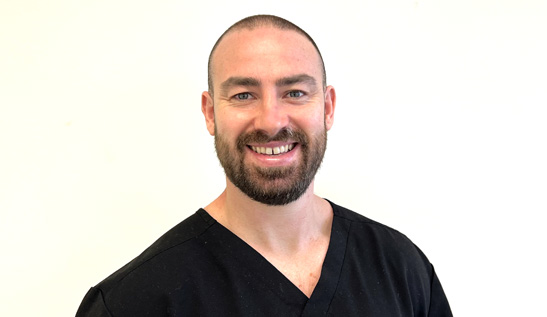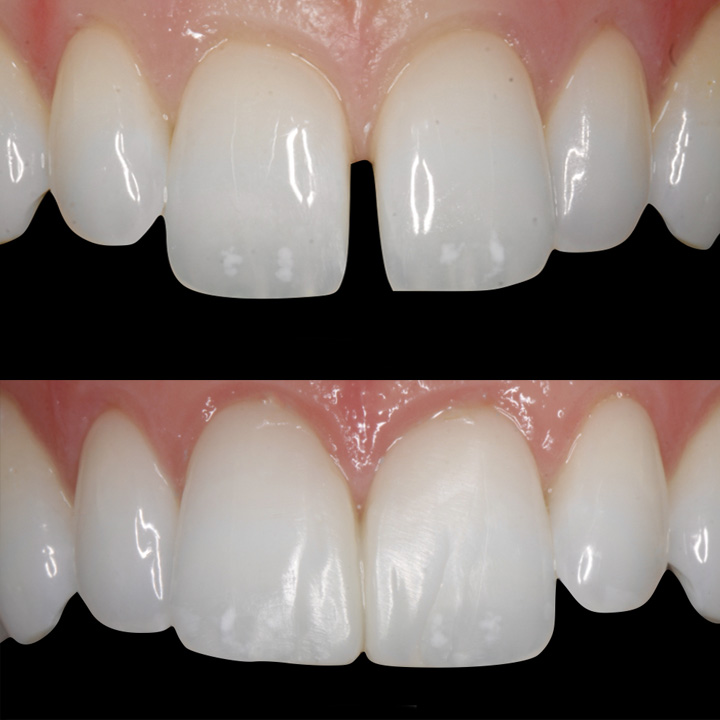
More than a quarter of five-year-olds in England have tooth decay, although the number is down, a survey suggests.
The analysis by Public Health England looked at data from 133,000 dental examinations across the country, covering 21% of five-year-olds.
It suggested 27% of all five-year-olds had tooth decay, down from 30% in a 2008 survey.
The British Dental Association (BDA) said there remained a “deep chasm” between the best and worst areas.
Deprived areas had the highest numbers affected by decay.
Figures ranged from 21.2% of five-year-olds in the south-east to 34.8% in the north-west.
When the researchers looked at more localised data, Brighton and Hove was found to have the lowest percentage affected by tooth decay, at 12.5%, compared with the highest figure of 53.2% in Leicester.
Ingrained habits ‘danger’
Tooth decay is caused by a build-up of plaque on the teeth. Bacteria in the plaque feed on sugars from food and drink, and produce an acid that slowly destroys teeth.
Decay stems largely from a poor diet, but also poor dental care – not brushing teeth properly and not visiting the dentist often enough.
Although healthy adult teeth will come through in children whose milk teeth have been affected by decay, if such bad habits become ingrained, there will also be problems with those teeth.
A five-year-old normally has 20 milk teeth.
Children with decay had, on average, between three and four affected teeth.
The analysis found 3% of those with decay had one or more teeth removed, a painful procedure often carried out in hospital under anaesthetic.
There have been improvements – 72% of five-year-olds have no tooth decay, up from 69% in 2008.
Public Health England suggests part of this improvement may be down to increased levels of fluoride in most children’s toothpastes.
‘Lowest decay rates’
Prof Kevin Fenton, director of health and well-being at Public Health England said: “This latest survey shows the numbers of five-year-olds free from tooth decay have improved but there is still much to do, dental decay is preventable.
“Parents should brush their children’s teeth for at least two minutes twice a day, once just before bedtime and at least one other time during the day.
“Also supervise tooth brushing until your child is seven or eight years old, either by brushing their teeth yourself or, if they brush their own teeth, by watching how they do it.”
From April this year, local authorities have taken over responsibility for oral health.
Health Minister Lord Howe, said: “We know more work is needed to make sure good oral health is more consistent right across the country.
“However, we have some of the lowest decay rates in the world.”
Dr Christopher Allen, chairman of the BDA’s public health committee, said: “This report highlights a welcome improvement to the overall oral health of five-year-old children across England, but it also reminds us of the deep chasm that exists between those with the best and worst oral health.
“That divide is based not just on geography, but also on deprivation.”
The BDA’s scientific adviser, Prof Damien Walmsley said: “There remain pockets of inequality. It’s really about targeting resources so we can get to those people.”
He said trying to instil healthy eating habits as early as possible was key, as was ensuring parents regularly took their children to the dentist.
Source: bbc.co.uk.
Under Fives Tooth Decay ‘Improving’ According To BBC Report
The number of five-year-olds with tooth decay has dropped to its lowest level in almost a decade, latest figures from Public Health England show.
In 2008, nearly a third of five-year-olds in England – 177,423 in all – suffered tooth decay. By 2015, it had dropped to a quarter.
But health experts say more steps must be taken to help youngsters look after their teeth.
They recommend limiting sugary food and drink and regular trips to the dentist.
And children should brush their teeth twice a day with fluoride toothpaste.
What’s changed?
Currently, an estimated 166,467 five-year-olds – less than a quarter – suffer from tooth decay.
But while there has been improvement nationally, experts say there is a great deal of regional variation.The highest rates of tooth decay were found among children living in the North West of England, and the lowest in the South East.
Dr Sandra White, director of dental public health at Public Health England, said having healthy teeth was important for children, both for their health and their confidence.
“Our faces are quite a mirror to us, and we you smile with a nice smile it makes a big difference when we start school.”
She said the downward trend in tooth decay was welcome, and was probably down to parents and society being more aware of the impact of sugar on teeth.
“Parents have a key role in this. They need to watch what their children are eating and particularly drinking.” She said children were consuming three times the amount of sugar that they should be having, and a lot of that is coming from sugary drinks.
“It would be wonderful if everybody gave their children water and low fat milks.” But she accepted that, realistically, it might be quite difficult for parents to achieve.
If you would like to see a new dentist or dental hygienist, you can register with us online here.








